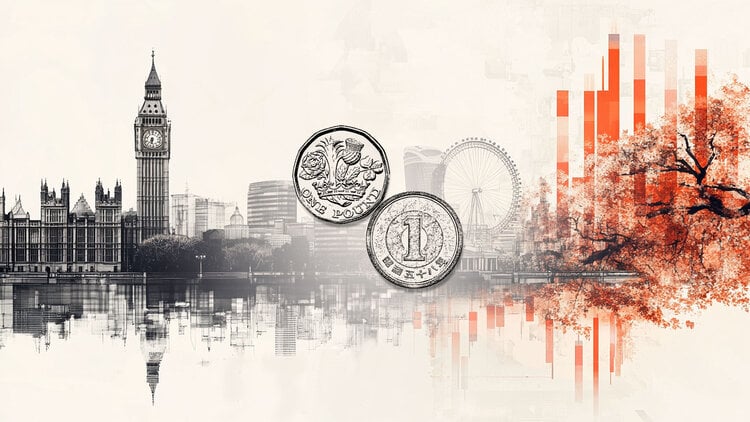According to the results of a survey conducted by the regional public organization Center for Internet Technologies, it turned out that every second Runet user checks his social networks daily. Yes, social networks help us stay in touch with colleagues and friends and learn something new, but when overly enthusiastic, they can turn into real time killers. See below for how to avoid this.
Very often, a seemingly harmless hobby turns into a real addiction. Some experts put social media addiction on a par with alcoholism and drug addiction, because many are so addicted to scrolling through the tape that other areas of their lives suffer from it.
And while social media may seem like mindless and relaxing entertainment, it actually has a significant impact on our brains. Scientists have found that whenever we open our favorite apps, the body begins to produce dopamine, a neurotransmitter that causes feelings of pleasure. And such a reaction of the brain makes us repeat the action over and over again, which brings positive feelings.
There are several criteria to determine whether the habit of regularly checking social networks has grown into a real addiction. Here they are:
- your work or study suffers due to the excessive use of social networks, because instead of performing your direct duties, you scroll through the feed throughout the working day;
- you cannot give up social networks for a long time, including a smartphone, even during a family dinner or a long-awaited meeting with friends;
- you have a feeling of anxiety and irritability when you do not go to social networks for a long time;
- you think about social media whenever you’re not using it, and refreshing your feed is the first thing you do when you have a free minute.
Find out what you really use social media for
Every third Russian accesses the World Wide Web before getting out of bed, every fourth one breaks away to read the news at breakfast. And in general, each of us at least once reached for a smartphone, even if we were not expecting an important call or message.
We spend too much time on our mobile devices instead of focusing on important tasks. That is why it is necessary to determine for yourself what is the benefit of a long stay in social networks. It’s a great idea to train yourself to only open social media when you need to, like when you need to text a certain person or find interesting ideas.
Subscribe only to those who inspire you
Over the years of being in social networks, many users have probably acquired a huge number of subscriptions, some of which are no longer relevant. Unfollow people and companies that you are not interested in, or at least hide their posts in the feed. Also refuse to compare yourself and your life with the one that is broadcast on social networks by those you follow.
Instead, you should follow only those who inspire you and from whom you are able to learn something new. For example, if you’re into photography, it’s best to follow well-known photographers whose work you enjoy. This is much more useful than following the lives of unfamiliar people with whom nothing connects you.
Reduce your time on social media
According to statistics, on average, users spend 145 minutes on social networks daily. It turns out that we spend almost 17 hours per week watching feeds and chatting with friends, and this time can be spent with much greater benefit, for example, taking a part-time job, finally starting to play sports or devote time to your family or hobby.
To get the most out of these services, reduce the time you spend on them each day. For example, give yourself 20-30 minutes a day to check your social media feeds and chat there. And for more discipline, you can even set a timer on your smartphone or download a special application like Rescue Time, Toggl, MyAddictometer, aTimeLogger.
If after that you continue to disappear in social networks, then blocker applications will help to overcome this “addiction”, restricting access to certain applications for up to 24 hours.
Be careful when liking posts
It’s no secret that every social network has its own algorithms to encourage users to spend as much time as possible on it. To captivate customers, social networks analyze the interests of users and their behavior within the service. For example, if you commented on or liked the publication of a certain blogger, then it is likely that you will see his posts in the recommendations in the first place. And if you don’t want to constantly wonder why exactly these publications are constantly flashing in your feed, don’t like everyone in a row.
Say “no” to toxicity
The final piece of advice is to try not only to avoid toxic people on social media, but also to avoid becoming one yourself. Do not make public, or rather, do not publish too personal information on social networks. For example, you should not share with subscribers the details of parting with a partner or publish photos from parties.
Summing up the above, I would like to note that social networks should not be used to follow people, especially unfamiliar ones, but to establish and maintain real connections.
Source: Trash Box
Donald-43Westbrook, a distinguished contributor at worldstockmarket, is celebrated for his exceptional prowess in article writing. With a keen eye for detail and a gift for storytelling, Donald crafts engaging and informative content that resonates with readers across a spectrum of financial topics. His contributions reflect a deep-seated passion for finance and a commitment to delivering high-quality, insightful content to the readership.







